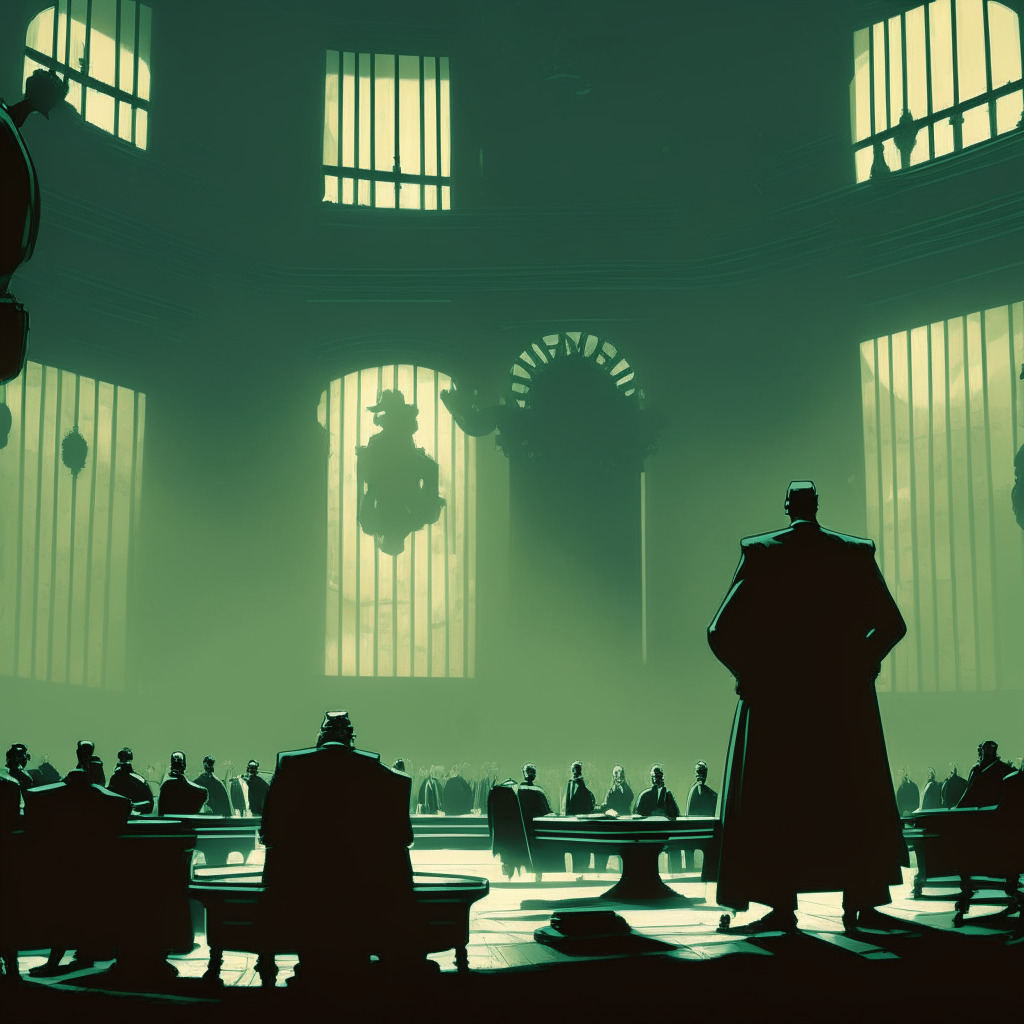In a recent development that has caught the attention of crypto enthusiasts, the U.S. Trustee, a branch of the Department of Justice (DOJ), stated in a court filing that a Delaware bankruptcy court must reverse its previous order that denies the appointment of an independent examiner in the FTX bankruptcy case. According to the Trustee, the court has “committed legal error” in its decision back in February.
Notably, the criteria for requiring an independent examiner were met in this case, including the presence of over $5 million in “qualifying liabilities” in the bankrupt estate. However, Judge John Dorsey of the Bankruptcy Court of Delaware sided with the FTX estate, arguing that an investigation could cost up to $100 million and hinder the progress of the case.
Despite complaints from parties involved in the FTX case about the “alleged” costs tied to appointing an examiner, DOJ Trustee Andrew R. Vara highlighted in the filing that the costs do not justify ignoring the statutory requirements when the criteria have been met. The appointment of an independent examiner is crucial for maintaining transparency and upholding the principles of justice. But one has to wonder whether such an appointment would truly bring construction or further confusion to the case.
The FTX crypto enterprise shocked the crypto industry when it filed for bankruptcy this past November, with its founder Sam Bankman-Fried facing criminal charges in the U.S. As the bankruptcy process unfolds, determining the best route for resolving the situation remains a complicated task.
On one hand, adhering to the statutory requirement and appointing an independent examiner could provide an unbiased perspective and ensure that proper procedures are followed. On the other hand, the cost of the examination, estimated at around $100 million, might prove to be an unnecessary burden and slow down the resolution of the case.
At the core of this story lies the delicate balance between maintaining the integrity
Source: Coindesk




